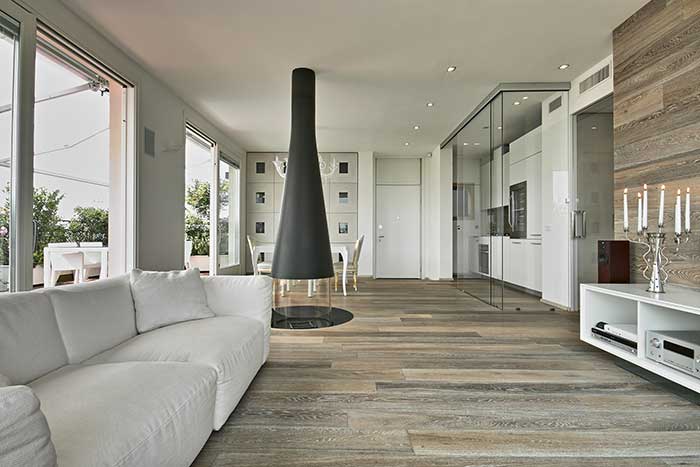Data from the Green Building Council Brazil (GBC Brazil) point out that the civil construction sector is one of the most committed to implementing ESG practices, placing Brazil in fifth place in the world ranking in numbers of sustainable projects which, among other certifications, are endorsed by Leadership in Energy and Environmental Design (LEED) – an international certification and environmental guidance system that has already fostered the reduction of around 40% of water, 35% of CO² emissions, 30% of energy and 65% of waste from major renovations and new construction.
Allied to sustainability, technology is also a fundamental pillar, already providing the basis for ESG practices and helping to consolidate a new way of living. For Yogha’s CEO, Avelino Neto, sustainability and technology are points that converge on the same issue: improving people’s quality of life in a sustainable way. “These two issues are redefining the future of civil construction, generating less waste and reducing environmental impacts and waste, offering society housing options that go beyond aesthetics,” he says.
Avelino says that today it is practically impossible not to think about ESG, something that developers have as a guideline when planning their developments, a thought that is also reflected in the entire housing market. “We have sought to value projects that have sustainability as one of the pillars, not least because this is also a relevant differential in the market, since people are increasingly developing this critical view of their own lives. Living in a condominium that has solar energy, natural light, reuse of water and that cares about the environment is the dream of most people, mainly because it is something that also generates less costs at the end of the month”, says the CEO.
In order to encourage even more the development of sustainable enterprises, Avelino reminds investors, who increasingly seek to value condominiums that respect sustainable practices. “Real estate investors are a real engine for the growth of ESG practices, as they are people in tune with the main innovations in the sector. We have seen a very quick and organic migration of this public, which today invests heavily in the Built-to-Rend model (build for rent) and in sustainable projects. This is the case of the Oxygen development, by O3 Incorporadora, which was completely designed following a biophilic and sustainable architecture and which, even with a launch forecast only for 2025, already has 65% of the apartments sold, the vast majority being for investors who intend to rent,” says Avelino.
Flexible housing and technology
Closely linked to this movement, the trend towards flexible housing also favors the insertion of sustainability as a lifestyle. This is what a survey carried out in 2020 by the Institute of Social, Political and Economic Research (Ipespe) points out, which points out that 70% of respondents have no preference for a fixed property, 82% of young Brazilians (between 16 and 24 years old) prefer to experiment flexible housing against only 26% who think about financing their own home.

The flexible housing market has been driven by the growth of the Built-to-Rent market, which today is one of the markets that invest the most in sustainable developments and constructions, as it has heavy investors. “The BTR market is growing exponentially worldwide, representing 80% of the rental segment in the American real estate sector and here it is already possible to see a strong demand as well, as we have a change in the behavior of the new generations, who are very connected to the culture of sharing and who don’t see the need to buy a property so much”, says Avelino.
The growth of flexible housing brings a new way of living, much more sustainable and technological. “Today people are no longer so attached to “having”, they seek to “use”, seeing housing as a service and not necessarily a good. This is also a sustainable movement, as it favors the sharing of ready-to-use properties and shared areas that allow the collective use of laundries, bicycles, gourmet space and kids, among others. Technology is also very present, as it streamlines hiring processes and the management of apartments and condominiums, which can be done 100% digitally”, he concludes.
About to Yogha – Founded in 2016, Yogha is a subscription housing startup that operates in Curitiba, managing more than 200 properties. In its portfolio, the company has more than 38,000 clients and 183 investment partners who, through Yogha, have a comprehensive management of their properties in a 100% digital and innovative way. To learn more, visit: www.yogha.com.br






